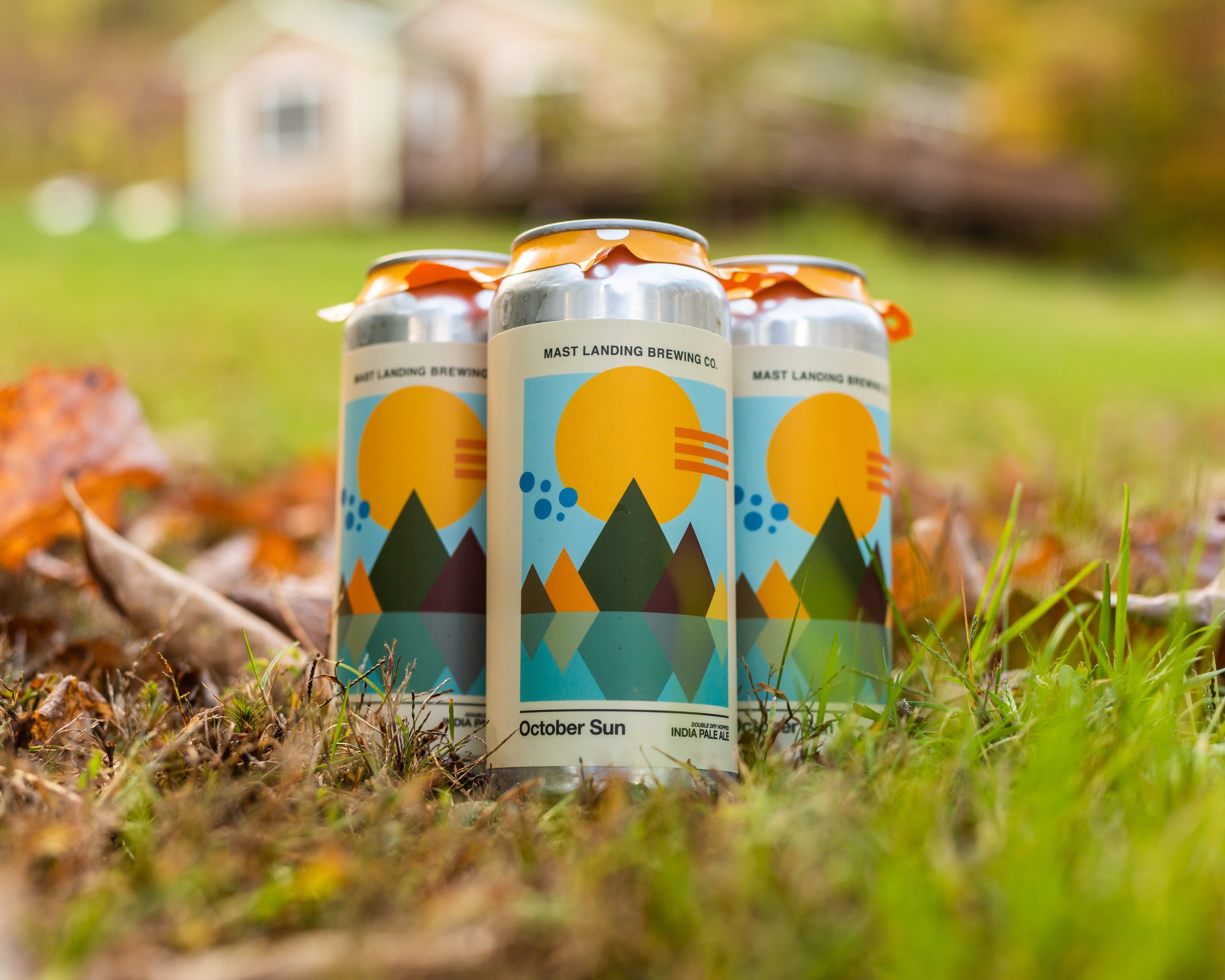
Without doubt we need to recognise the impact that the amount of plastic in our oceans has on our planet. However, the anti-plastic sentiment currently dominating certain sections of the media is in real danger of demonising a material that is making a major contribution to a more sustainable world.
Plastic is often by far the best material for the job. Indeed, at WaveGrip we have recognised this and that’s why we continue to use a PE plastic that is much lighter than other multi-packing products, made from up to 50% recycled plastic and 100% recyclable. All whilst being made in a process that sends zero waste to landfill!
We think it essential therefore that we help in improving people’s understanding of the benefits of plastic. Otherwise companies may look to replace plastic in a reaction to a perception of what is ‘Green’, and thereby risk a series of unintended consequences with far greater environmental impact than plastic now causes.
Meeting consumer needs
Packaging exists to protect, preserve and promote products and goods, enabling us to safely buy and use the items we choose. With the growth in convenience on-the-go consumption, and the continuing popularity of ready-to-eat foods, for example, plastic is meeting the demands we have all generated.
Driven by a desire to limit their environmental impact many people are asking for alternatives for plastic packaging. Nevertheless, when looking at other options, it is essential that the impact and sustainability of those materials are also clearly understood.
While many see plastic as bad and paper-based goods as benign, when considered over the entire life of the packaging, paper and cardboard produce far more greenhouse gases than their plastic equivalents. Paper products take substantial amounts of energy to make whereas plastic is light and durable, and its manufacture is generally not particularly energy intensive – at least in comparison to paper.
A universal approach to litter
Littering is undoubtedly an issue for all packaging and the broadcast in the UK of the Blue Planet television programme has highlighted the amount of waste plastic in the world’s oceans. Stopping waste getting into the oceans is therefore key.
Litter is a worldwide problem and actions by individual countries on their own are likely to have minimal effect. Providing a solution for waste globally is therefore essential, and organisations such as WasteAid UK are aiming to tackle the problem by training people in developing countries to recycle waste, helping to stop the litter getting in the oceans in the first place.
We believe developing consumer awareness campaigns to change behaviour, as was successfully achieved for Drink Driving and Smoking, is essential so that recycling becomes second nature and littering is seen as socially unacceptable worldwide. Education should be the starting point to bring through generations for whom recycling is a way of life, thereby minimising any waste getting into the environment and worlds’ oceans in the first place.
Visible plastic is also only one part of the problem in our oceans – potentially more worrying for the food chain are the micro pieces of plastic that enter the sea unseen and can be consumed by marine life. These microplastics come from a variety of sources, such as cosmetics, clothing, industrial processes and also from partly degraded plastics which simply breaks down the original item into much smaller parts.
Whilst many see bio-degradable plastics as good, the understanding that degradable plastics can often exacerbate rather than solve the problem also needs to be integral to any education programme. Designing plastic products for the Circular Economy, where plastic is captured and reused rather than simply disposed of, is far more important. All plastics can be recycled, some more easily than others, and helping consumers recognise it as a highly valuable material that needs to be recycled as much as possible is a key objective.
Plastic fantastic!
Plastic is fundamental to the way we lead our lives. It delivers safe, hygienic and protective packaging – such as WaveGrip – and we should recognise the advantages it delivers as often, the best and most sustainable material for the job.
Accepting this will help us focus on the important issues and implement measures that will deliver real change. Providing global waste management, recognising the need to fight litter and ensuring a coordinated approach to recycling to maximise a circular approach to plastic: this is how we will help preserve our planet for future generations.
The post It’s Time To Help People Recognise Plastic’s Benefits Too appeared first on WaveGrip.
Our team is happy to answer your questions. Leave us a message and we’ll get back to you as soon as possible.